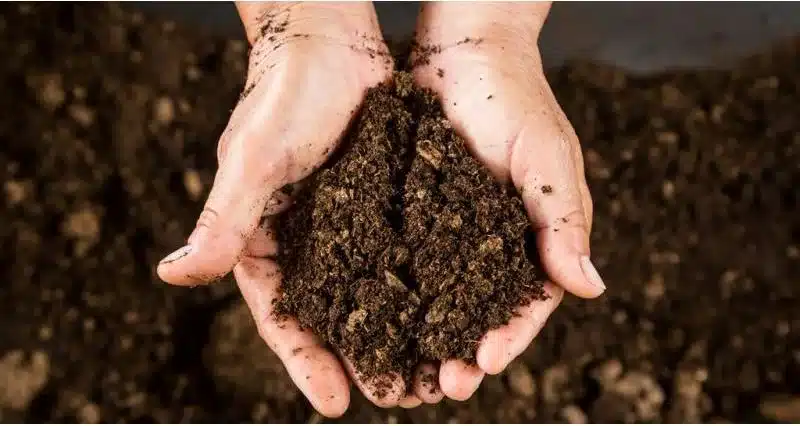“It’s really a lot about soils. It’s a lot about trying to reduce inputs. It’s a lot about reducing our livestock numbers. It’s a lot about reducing food waste…” – Kathleen Merrigan
Kathleen Merrigan served as the United States Deputy Secretary of Agriculture from 2009 to 2013 and was as recently named the first Executive Director of the Swette Centre for Sustainable Food Systems at Arizona State University. She was the first woman to chair the Ministerial Conference of the Food and Agriculture Organisation (FAO) of the United Nations in 2011, and was also named one of Time Magazine’s “100 most influential people in the world” in 2010.
In an interview with Acres U.S.A, Kathleen discusses her involvement with various programmes promoting organic and sustainable agriculture, as well as her beliefs about the true cost of food and the future of organic farming. In this blog post, we summarise some of her ideas.
Having grown up on a farm which later became a commercial property, Kathleen became “very aware of the issue of farmland loss” from a young age. Pursuing a career in agricultural issues, Kathleen was involved in developing standards for organic certification in the 1990’s when consumer demand for organic produce started to increase. In fact, Kathleen gets a lot of credit for “having been essentially the handmaiden for that legislation.”
Healthy soil is the key to the future of food
Contrary to the belief that organic agriculture can’t feed the world’s growing population, Kathleen says: “When you have a healthy soil, over time, the organic can do better than the conventional. We are having some sort of epiphany now about the importance of soil health, perhaps in part because people are finally connecting the need to do better around food systems with climate change.”
With the conversation around organic farming shifting from lack of pesticide input to focusing on soil health, Kathleen says that farmers have great opportunities with regards to improving soil health. She suggests that there’s a need to compensate farmers somehow for investing in the health of their soils: “Rewarding farmers for environmental stewardship is something that hopefully will happen in not too many years, and will be something that is welcome in the farm sector.”
The need to connect, converse and inspire
What concerns Kathleen about organic farming these days is that “we don’t have the same sort of investment relationships with environmental and consumer groups as we once had. I think that for organic to continue to succeed, we have to rebuild that coalition.”
Kathleen also says that we need to change the discourse around agriculture. In so many of the meetings she goes to, people are either talking about the need to increase food production or saying that the food system is “broken”. “I find that the wrong way to start a conversation for several reasons,” Kathleen says, “One, farmers work really hard. Productivity has gone up. Price has gone down. Farmers are ingenious… Most importantly, I think it is just a doomsday kind of statement that does not attract young people. Young people, they want to be inspired. They want to have visions of hope.”
Hope for the future
At Zylem, we help farmers move forward toward sustainability by helping them improve the health of their soil. While our products are not registered organic, they are formulated as biological and sustainable inputs. Get in touch to find out more about our soil health services and solutions: https://zylemsa.co.za/contact-us/.
Interested in reading the full interview?
Visit Acres U.S.A to purchase the January 2020 issue and read the original article along with other interesting content.

About the Author: Alex Platt
Alex is Business Development Manager at Zylem. He’s inspired by the potential of regenerative farming and takes a special interest in the technology and products that are moving agriculture in a more sustainable direction.

